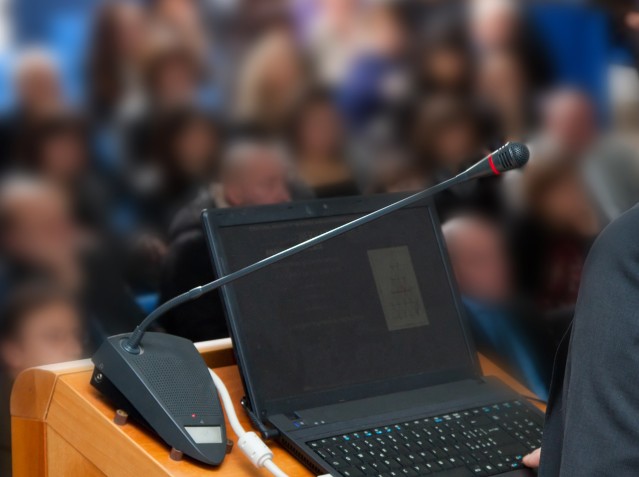Séminaire - Prof. Gary FonesJeudi 5 Octobre 2017, 14h-15h30 - Amphi IPREM
Le 5 oct. 2017

Séminaire
Pôle CAPT #Chimie Analytique, Physique et Théorique
& Pôle CME #Chimie et Microbiologie de l’Environnement
Professor Gary FONES (Professor of Environmental Aquatic Chemistry in the School of Earth and Environmental Sciences at the University of Portsmouth)
Titre: "The use of chemical sensors and passive sampler devices to improve monitoring of anthropogenic pollutants in aquatic environments"
The majority of chemical measurements in the aquatic environment are still based on water samples “spot samples” taken with bottles or pumps that are analysed later in the laboratory. Thus it is possible to miss important episodic events where concentrations can exceed those specified in the WFD and OSPAR regulations. With this method neither small scale processes nor transient events can be resolved adequately nor can long term datasets of chemical variability be gained from long term stations or moorings. To fill these gaps chemical in situ sensors and passive samplers are needed that exhibit similar spatial and temporal resolution as the physical sensors (e.g. for conductivity and temperature).This presentation aims to review the different approaches that have been made to fill this gap. Firstly the use of wet chemical analysers and physical-chemical methods will be reviewed in terms of advances for the measurement of nutrients and metals including flow injection, spectroscopic, electrochemical and biosensor techniques.
Secondly the concept of passive samplers will be put forward as a tool for monitoring of contaminants in the aquatic environment. Passive sampling devices (PSDs) are simple to use, low cost technologies, being deployed in-situ for extended periods (1-4 weeks). PSDs such as the Chemcatcher® provide either time-weighted average concentrations or can screen for the presence or absence of chemicals. They yield information difficult to ascertain by use of infrequent spot/grab water sampling as this snapshot in time does truly represent fluctuating concentrations.
Water companies and environment agencies now use these tools extensively across the UK and Europe. Examples of passive sampler use for measurement of metals, nutrients and polar organic compounds will be presented.
Pôles CME et CAPT
Jeudi 5 Octobre 2017, 14h-15h30, Amphi IPREM
Séminaire MIRA le 3 Octobre, UFR Sciences Côte Basque, Anglet Salle 2
Professor Gary FONES, University of Portsmouth
Titre: Surface water quality monitoring of polar and emerging (non-regulated) pollutants in aquatic environments: Key issues, challenges and the way forward